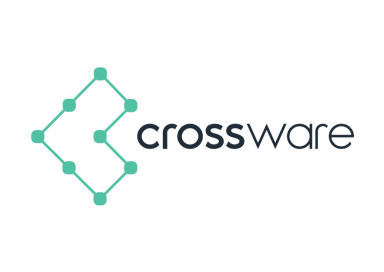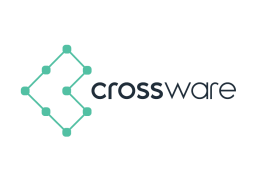automotive
redefine the future of automotive
agile and adaptive UI solutions
for the automotive industry
At Crossware, we provide cross-platform IoT and multimedia solutions tailored to the automotive sector. Our approach is agile, adaptive, and customer-centric, aiming to enhance the way businesses operate while ensuring cost-efficiency for our clients.
We take pride in our extensive experience in UI & UX engineering. Regardless of the assets or technology in use, we provide both backward and forward development and porting to the platform of your choice. We craft UI solutions that are pixel perfect across various deployments, all stemming from the same code base. Our Human-Machine Interfaces (HMIs) are lightweight, reusable, and designed for parallel teamwork from inception.
Our proficiency in Middleware and Componentization is built on decades of C and C++ experience. We encapsulate core assets in C++ and C, from simple elements like a music player to more complex, industry-specific components. One of our key strengths is our extensive experience with Android for Automotive, ensuring our solutions are at the forefront of current industry standards. This approach promotes reusability and performance, providing optimal value for your systems.
Our portfolio showcases innovative projects like a smart remote control and a multithreaded HMI internet music player that provides smooth transitions between radio stations. As a Toradex Development Partner and a Qt Service Partner, we are committed to delivering cutting-edge solutions for the automotive sector.
automotive instrument cluster
Qt for MCUs
Qt for MCUs on Renesas RH850 offers a comprehensive solution for enhancing automotive instrument clusters.
Starting with hardware initialization, it simplifies the configuration of RH850 microcontroller components, ensuring seamless interaction with the instrument cluster. Memory layout for graphics is optimized, enabling visually appealing interfaces through efficient resource allocation. Display driver initialization is streamlined, facilitating smooth communication with the display hardware. Graphics resource optimization techniques, such as resource consolidation and image compression, ensure efficient resource management. Qt for MCUs seamlessly integrates with the Greenhills IDE, enabling easy application development, debugging, and compilation. The CMake build system, coupled with the GHS 2018 compiler, simplifies project configuration and ensures efficient code execution. With support for QML and C++, developers can create dynamic instrument cluster applications, combining intuitive UI design with complex logic and system integration.

